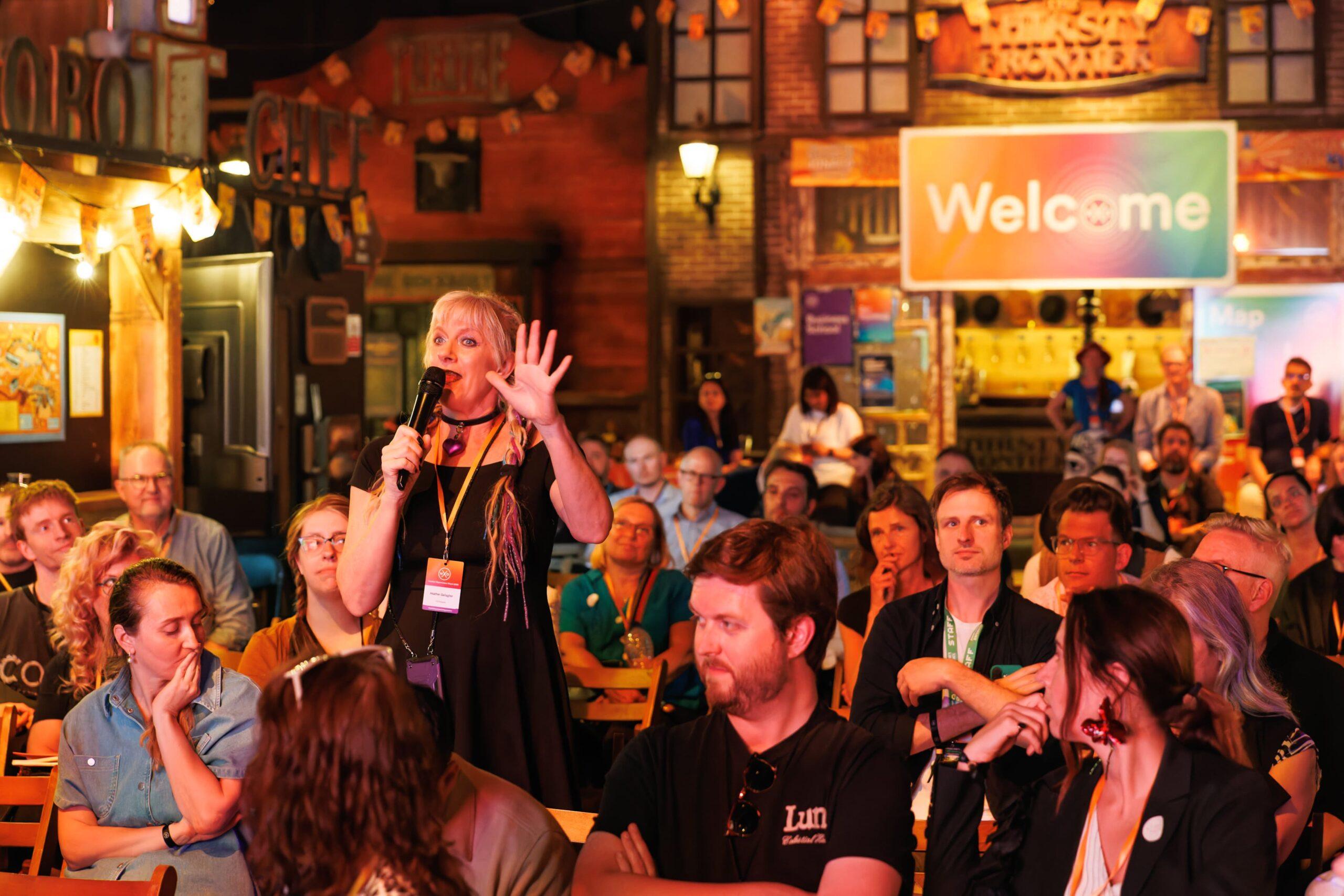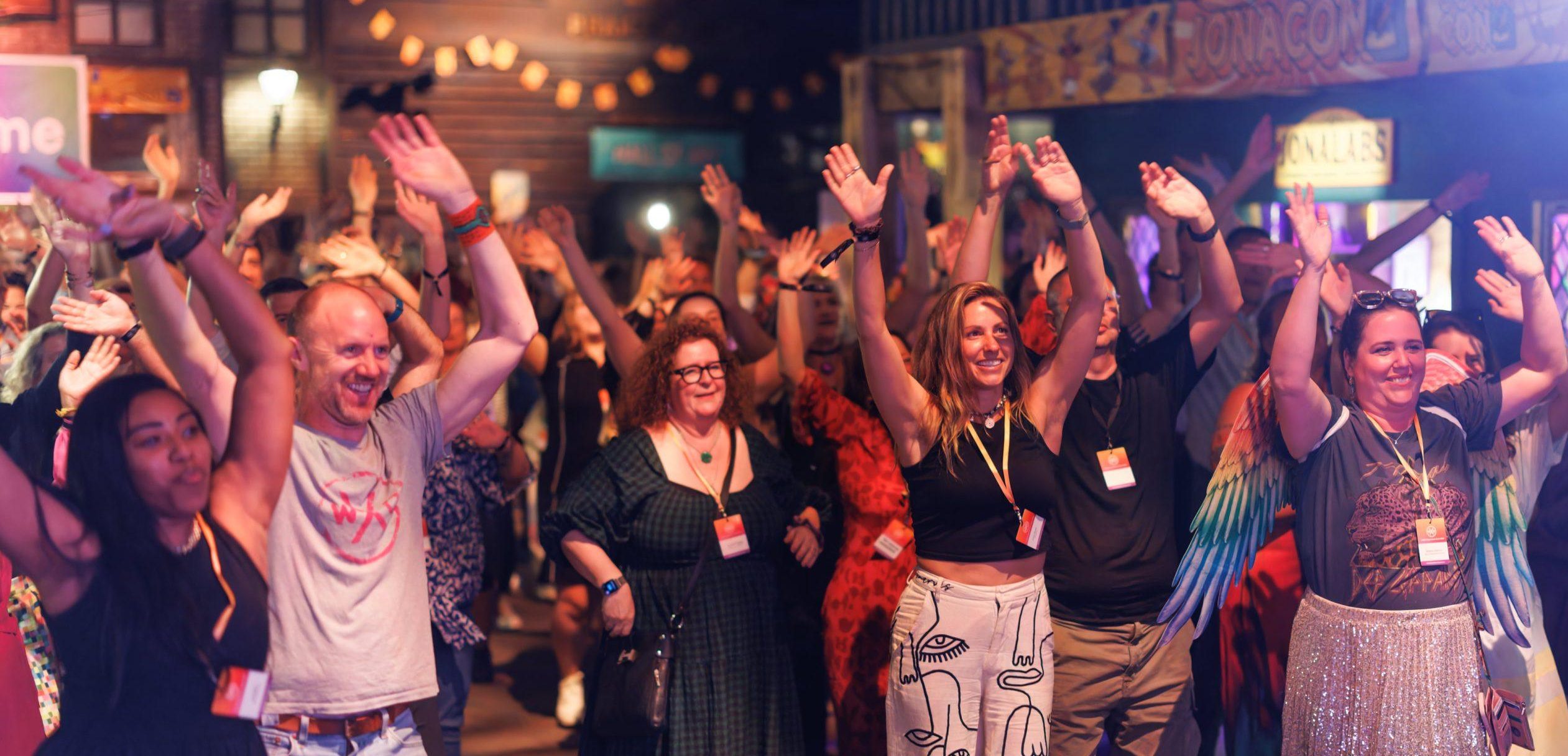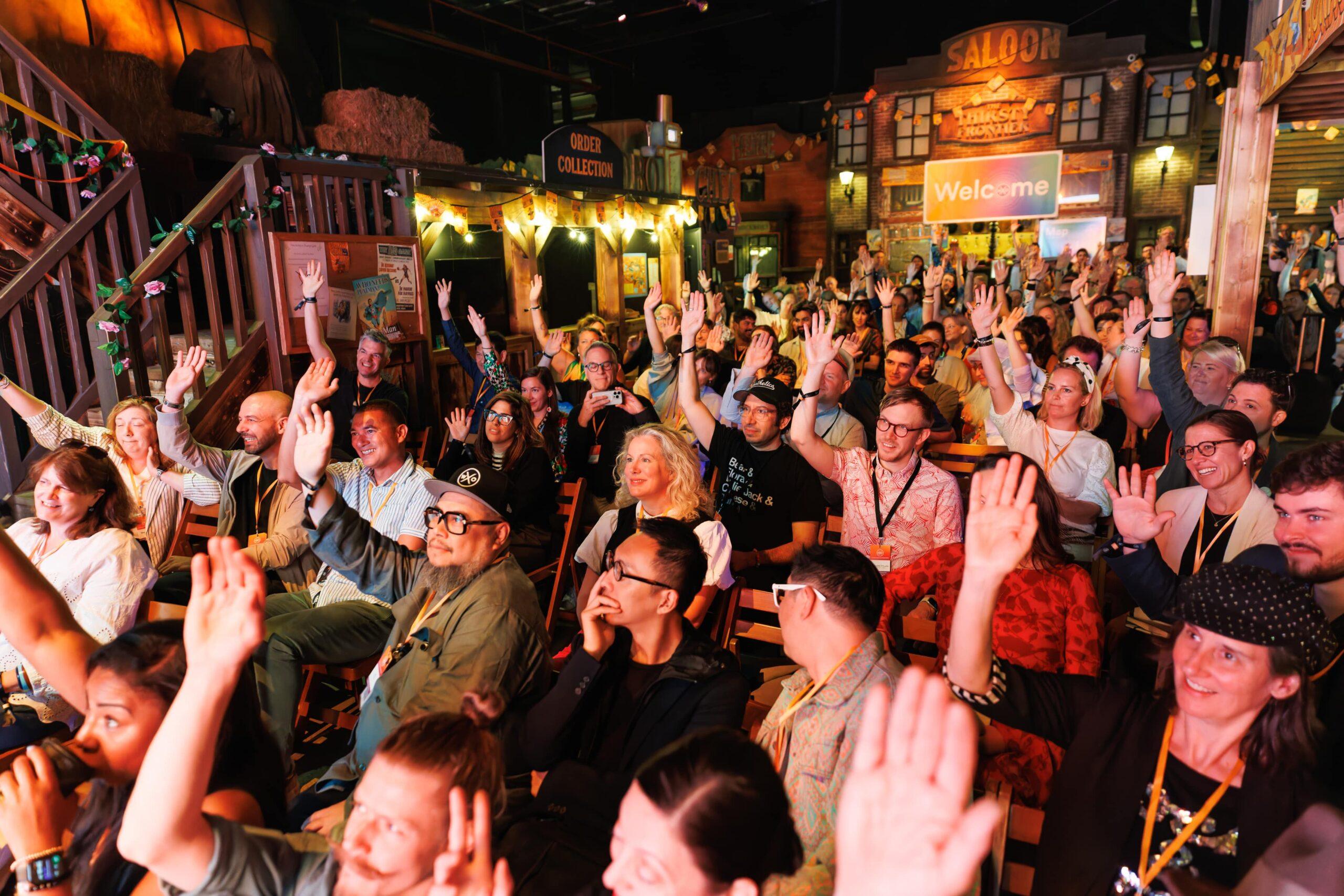In this challenging and thought-provoking piece, experience design educator Mat Duerden explains why he’s not sure if transformative experiences actually exist, despite being the holy grail of the Experience Economy.
I’M FASCINATED BY transformative experiences, and at the same time I’m not sure they actually exist.
The topic of transformation has captured the attention of individuals since the beginning of recorded history. The preponderance of stories are about change. Our brains and sensory systems are designed to detect change. The majority of social science research focuses on understanding how and why people change. In their book, The Experience Economy, Joe Pine and Jim Gilmore predict a coming progression from the current experience economy to one focused on change or transformation.
Given all of this, it’s not surprising that the design of transformative experiences is a major topic in experience design circles. I’ve spent a lot of time studying, teaching, and thinking about transformative experiences. In my last LinkedIn article I shared a mash-up of extraordinary experiences (i.e., memorable, meaningful, and transformative) and narrative structure. Interestingly, the more I’ve thought about transformative experiences the more I’ve come to feel they don’t actually exist. Let me clarify, I don’t think discrete transformative experiences exist.
Transformed? You’ll have to wait and see…

The key argument against the existence of discrete transformative experiences is the element of time. When we talk about transformative experiences we need to recognize we’re describing a process rather than a specific, time bound event. While individuals may have experiences that produce immediate changes in attitudes, intentions, or behaviors, it takes time after the experience to determine whether or not that change is lasting. Therefore, the most accurate response to the question of “is/was this a transformative experience?” posed at the conclusion of experience should be “I’ll have to wait and see.”
How to tell if an experience is transformative
One way you can tell if an experience contributed to someone’s transformation is if they include that experience in the stories they tell to explain who they are. For example, when you ask someone how they selected their chosen career path they will most likely tell you a story that involves a curated selection of specific experiences that nudged them down a particular path. We all do this when asked to explain aspects of our identity. If someone were to ask you right now how you decided to become (enter your job title), why you have a particular hobby, or some other aspect of your identity, you would tell them a story involving specific experiences from your past. I call such stories transformative narratives.

So what does this mean for experience designers? It means we need to rethink how we go about targeting transformation as an intended outcome of our experiences.
“A discrete experience may be memorable (i.e., it evokes emotion) or meaningful (i.e., it evokes emotion and personally relevant insights) but it only becomes transformative if it is integrated into someone’s transformative narrative.”
So designing transformative experiences is not about designing discrete transformative experiences, it’s about designing opportunities for individuals to have memorable and meaningful experiences that exhibit characteristics that increase the likelihood of their integration into future transformative narratives.
How to make a transformative experience
What are these characteristics? How can you design those into the experience? These are great questions that deserve more discussion and research. But at a minimum I’d say:
- If you want an experience to eventually be picked up in someone’s transformative narrative it needs to have memorable and meaningful moments.
- It’s important to include opportunities for reflection within experiences, especially after memorable and meaningful touchpoints which will increase the mental stickiness of such moments.
- You also have to recognize that you job as an experience designer doesn’t end at the conclusion of the experience. You need to think creatively about how you can help your participants co-curate the memories they made during your experience after it’s over.
- Finally, and most importantly you need to take the time to get to know your participants so you can more intentionally connect the experiences your design and provide with who they are and who they want to be.

Are good storytellers also better at ‘experiencing’?
I think we also need to think more about the competencies associated with good storytelling. I have a hypothesis that people who are better storytellers experience more transformation in their lives simply because they are more adept at articulating who they are and how they’ve changed to themselves and others. Helping our participants be better storytellers is another way experience designers can fuel the process of transformation. So what are key storytelling competencies? That’s a great question and hopefully will be a focus for a future article but I’d love to hear your thoughts on the topic.
Should designers stop trying to design transformations?
Recognizing that transformative experiences don’t exist doesn’t mean we have to give up transformation as a targeted outcome of the experiences we design. In fact, changing our paradigm of transformation from discrete experiences to a process can help us as experience designers more effectively support individuals on their transformative journeys. In some ways, it all comes back to storytelling. The goal is to design experiences people want to tell stories about and include in their narratives about who they are and how they became that way.
Mat’s article sparked the topic for the WXO Experimental Campfire 7, where we tasked members of our Founding Circle to resolve Mat’s dilemma – and discuss how if transformative experiences do exist, is it possible to design for them…?
About the Author
Co-author with Bob Rossman of Designing Experiences (Columbia Business School Press, 2019), Mat is an Associate Professor of Experience Design and Management in the Marriott School of Business at Brigham Young University. He teaches courses in experience design and need finding at the undergraduate and MBA levels. His research focuses on experience design in a wide variety of contexts, including work and leisure.
To get more insights from experts in the experience economy and members of our Founding Circle like Mat – and to be the first to know about our membership programme, events and more – sign up to the WXO community here.





